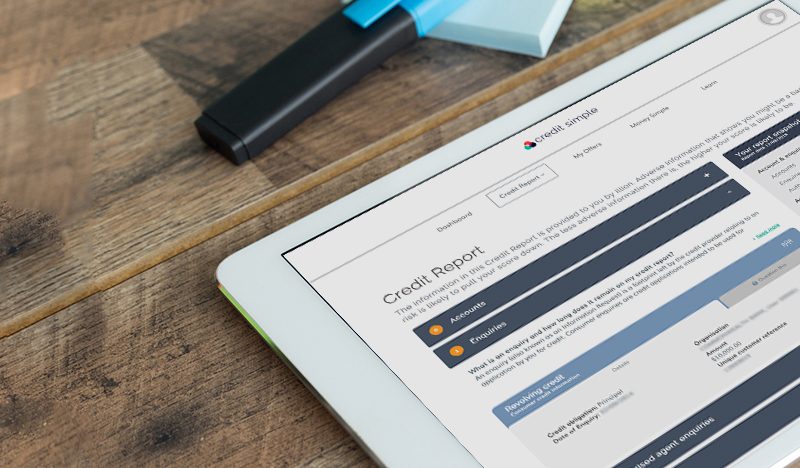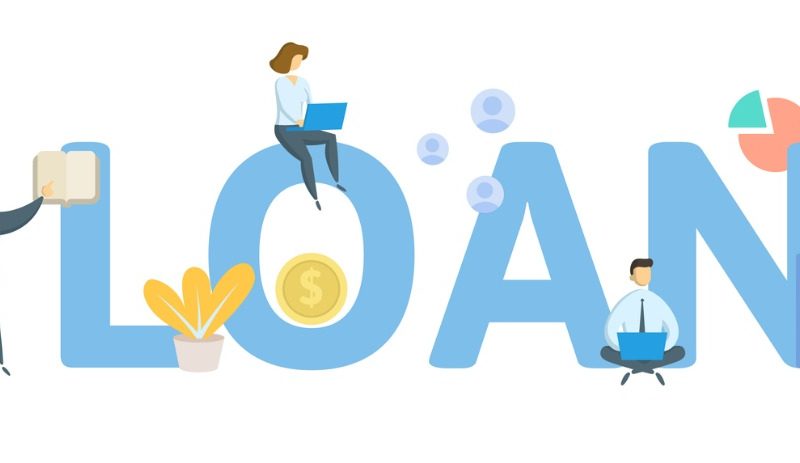What is a good credit score in Australia?
What is a good credit score in Australia?
Your credit score, which is sometimes referred to as your credit rating, will generally range from 0 to either 1,000 or 1,200 depending on the credit bureau calculating it. In all cases, the higher the score, the better.
To make it easier to visualise, we’ve provided the table below to help you understand what constitutes a good credit rating in Australia – bureau by bureau.
If you want to see how your score stacks up to the scores below, simply sign up or login to Credit Simple to see your illion credit score for free forever!
Here’s a breakdown of credit score ranges from the three major credit bureaus in Australia:
| Credit Score Range |
illion score via Credit Simple |
Equifax |
Experian |
| Excellent |
800 – 1000 |
833 – 1200 |
800 – 1000 |
| Very good |
700 – 799 |
726 – 832 |
700 – 799 |
| Average |
500 – 699 |
622 – 725 |
625 – 699 |
| Fair |
300 – 499 |
510 – 621 |
550 – 624 |
| Low |
0 – 299 |
0 – 509 |
0 – 549 |
Using illion as an example, here’s what appearing in each credit score range (as well as getting a perfect score) could mean for you and your finances.
Credit score 1,000 (perfect score)
If you scored 1,000, you’re seriously a credit unicorn and appear in a very exclusive club consisting of just 3.5% of all Aussies.
You’re likely in an older age bracket and have spent a lifetime building positive credit actions, such as prompt payments, sensible applications and limiting your lines of credit.
You’ll have good bargaining power when it comes to taking out a loan, and shouldn’t have any trouble landing lower rates and better terms than your peers.
800 – 999 (excellent)
For all intents and purposes, a personal credit score above 800 might as well be a perfect score since it represents a strong credit history built up over time.
Lenders should be eager to offer you credit as long as it’s within your ability to pay off, with attractive rates and terms.
700 – 799 (very good)
With a personal credit rating in this range, you should have no problem getting a loan as long as you have the ability to pay it off. You might not get the same great rates as someone with an excellent score but you shouldn’t do too badly either.
In many cases, all you have to do to improve your rating is to limit the number of credit applications you make, because making too many can bring your score down.
500 – 699 (average)
An average score is actually a fairly healthy score and in most cases means you haven’t experienced any major credit mishaps, like defaults or bankruptcies.
Avoiding late payments and limiting the number of credit applications you make are two great ways to bring up your score.
300 – 499 (fair)
This credit score range is below average, but you probably don’t have any extremely negative problems with your report, such as a bankruptcy.
In fact, you may just be in a younger age bracket, which lenders classify as riskier. Tighten up slightly on your credit behaviour and you should see improvements before too long.
0 – 299 (low)
If you’re here you probably have payment defaults or other negative data on your file. If that’s not the case, then it could be because you consistently pay your bills late.
In any event, this is considered the riskiest group to lend to so you’re better off trying to improve things sooner rather than later.
Paying your bills on time will actually improve your personal credit score, so automate your credit card and other loan payments. Avoid making multiple credit enquiries and wait for any defaults to be cleared from your record, a process that can take up to five years.
- Post Tags:
- credit score
- FAQ
Credit Simple
Credit Simple gives all Australians free access to their credit score, as well as their detailed credit report. See how your credit score compares by age, gender and community and gain valuable insights into what it all means.
All stories by: Credit Simple


